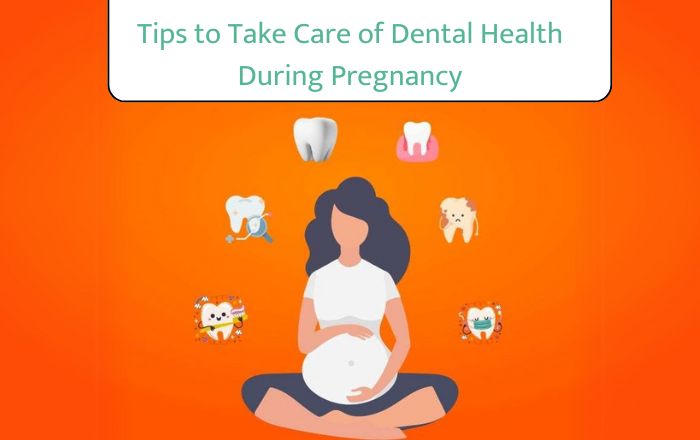Why Dental Health is Essential During Pregnancy
Taking care of your teeth and gums is especially important during pregnancy. As you nurture a new life, the changes in your body can also affect your dental health, making you more susceptible to gum and tooth problems. Following simple steps can help you keep your teeth and gums healthy during this time, ensuring your well-being and that of your baby. Here we’ll look at some key tips for managing your dental health during pregnancy.
Why Pregnancy Affects Oral Health
Pregnancy brings about several hormonal changes that can affect your gums and teeth. For example, increased progesterone levels can cause gum inflammation, making your gums more prone to bleeding or swelling – a condition called ‘pregnancy gingivitis’. In addition, morning sickness, dietary changes and cravings for sweets can increase the risk of tooth decay and erosion. Understanding these effects can help you take preventive steps to maintain a healthy mouth during pregnancy.
Common Dental Issues Faced During Pregnancy
1. Pregnancy gingivitis: Gingivitis, or inflammation of the gums, is more common during pregnancy. You may find that your gums become more sensitive, swollen or prone to bleeding, especially when brushing or flossing.
2. Gum disease: If gingivitis isn’t treated, it can lead to periodontal disease, a more serious condition that affects the structures that support your teeth.
3. Tooth decay: Frequent snacking or morning sickness can increase acid exposure to teeth, making them more susceptible to decay.
4. Tooth sensitivity: Some women experience increased tooth sensitivity during pregnancy, which can make daily dental care uncomfortable.
By being aware of these potential problems, you can take steps to prevent them and protect your oral health.
Essential Dental Care Tips for Pregnant Women
Here are some simple yet effective ways to maintain oral health during pregnancy:
1. Brush Twice Daily: Use fluoride toothpaste and a soft-bristled toothbrush. Brush your teeth for at least two minutes, twice daily, focusing on areas where plaque builds up.
2. Floss Regularly: Flossing helps remove food particles and plaque from between your teeth, which can reduce the risk of gum disease.
3. Use an Alcohol-Free Mouthwash: If you experience gum sensitivity, an alcohol-free mouthwash can help freshen your breath and reduce bacteria without irritating your gums.
4. Don’t Brush Immediately After Morning Sickness: If you experience morning sickness, wait at least 30 minutes before brushing to prevent acid erosion. Rinse your mouth with water or a mix of water and baking soda to neutralize acids before brushing.
>
Safe Dental Treatments During Pregnancy
While some dental treatments are safe during pregnancy, it’s best to plan them carefully:
1. Routine Cleanings and Exams: Regular dental checkups and cleanings are safe and beneficial. They allow your dentist to monitor and treat any problems before they become serious.
2. Treatment by trimester: The second trimester is generally the safest time for any necessary treatment. In the third trimester, sitting in the dentist’s chair for long periods can be uncomfortable, while the first trimester is usually reserved for essential treatment only.
3. Consultation before procedures: Certain procedures, such as X-rays, should be avoided unless absolutely necessary. Always tell your dentist about your pregnancy so that he or she can take the necessary precautions.
When to Consult a Dentist During Pregnancy
If you notice any unusual symptoms such as bleeding gums, persistent toothache or increased sensitivity, don’t hesitate to contact your dentist. Early intervention can help manage problems and prevent them from getting worse. Regular check-ups are important as your dentist can offer advice and monitor any changes in your dental health.
For personalized care during your pregnancy, contact Dr .Samidha Patil, a dedicated dentist in Kharadi at The Team Dental Clinic, who can offer support and treatment tailored to pregnant patients.
Frequently Asked Questions (FAQs)
1. Why is dental care important during pregnancy?
Dental care is important during pregnancy because hormonal changes can increase the risk of gum disease and tooth decay.
2. How can I keep my teeth healthy while pregnant?
You can keep your teeth healthy by brushing twice daily, flossing, eating a balanced diet, and visiting your dentist regularly.
3. Is it safe to get a dental cleaning while pregnant?
Yes, routine dental cleanings are safe and recommended during pregnancy to help prevent oral health issues.

